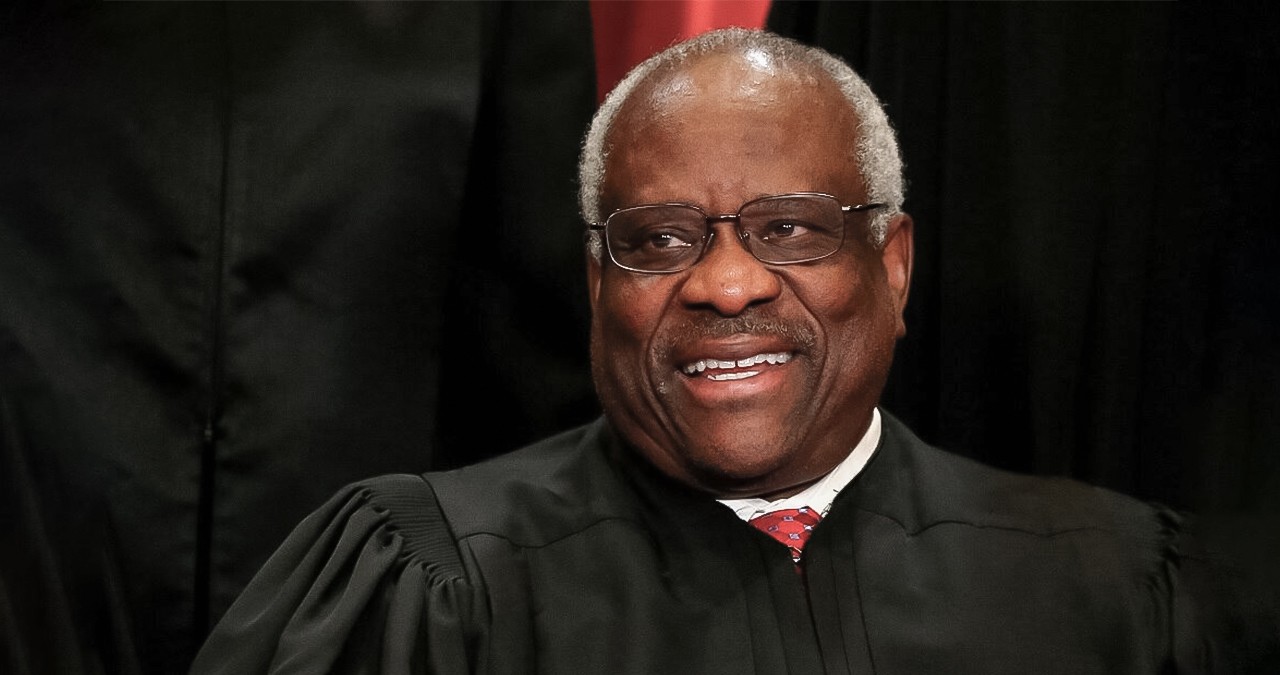OPINION: This article may contain commentary which reflects the author's opinion.
The U.S. Supreme Court’s recent decision in a Maine school choice case has opened the door for more cases across the country challenging education systems. As the midterms loom, “school choice” has become a major topic of discussion and a high priority for many voters.
In the case of Carson v. Makin, the Supreme Court said “communities that pay for students to go to secular private schools must also pay for them to go to religious schools. It was seen as a step toward expanding school choice nationwide. And in Maine, it set the stage for religious schools to receive taxpayer money in the form of tuition for the first time in over four decades,” Yahoo News reported.
“Approximately 5,000 Maine children live in districts that neither have a public school nor a contract with a school in a nearby district,” Maine Attorney General Aaron Frey wrote in response to the Carson v. Makin decision. “To ensure that these children have access to a free public education, they are permitted to attend at public expense a public or private school of their choice.”
“The court’s 45-page ruling and the state Attorney General’s Office statement responding to it indicated the impact in Maine would be limited because school choice exists only in a small number of rural Maine towns that don’t have a high school or a contract with a school administrative unit that has a high school,” Yahoo reported.
“But Frey’s statement didn’t encompass the full scope of school choice in Maine or describe the full impact of the ruling. Some towns around the state that are part of school administrative units with high schools also offer school choice because of a special exception in state law that allows them to use taxpayer money to send students to private schools even when there is a public option available,” the outlet added.
This paved the way for the West Virginia Supreme Court to reverse a lower court decision that blocked a public scholarship fund for use at private schools.
The state’s highest court held that the Kanawha County Circuit Court was wrong to rule that the school voucher law was unconstitutional.
The Washington Examiner reported:
The court held that the program is indeed constitutional, thus allowing the program to provide money to students leaving the public school system for either charter, private, religious, or home-schooling. Justices did not immediately provide their reasoning but said “a detailed opinion” will follow the decision, according to court records.
Supporters of the scholarship fund known as the Hope Scholarship program said it would help low-income families seeking alternative education, while attorneys for families who sued to keep the scholarship from taking effect argued it would divert essential funding away from public school systems.
The state Supreme Court decision came only two days after the court heard oral arguments on the matter, which clarified the decision came soon “given the nature of the constitutional matters at issue and the need to resolve the appeal in an expedited manner.” Several recent studies ranking the education quality of states have found West Virginia is among the lowest in quality, with one study placing the Mountain State last out of all 50 states.
“Today’s order is a tremendous victory for the hard-working families across West Virginia who deserve increased options for their children’s individual educational needs,” Attorney General Patrick Morrisey, a Republican, said in a statement.
“It has always been my goal to help make our State first in the nation when it comes to educational opportunities for West Virginia’s kids. Today’s win will make an incredible difference for thousands of families across the State — the Hope Scholarship Act opens more doors for West Virginia students while leaving public schools with the funding and other resources they need to remain strong. I’m proud of our office’s work to defend this important program and the rule of law,” Morrisey added.
State Treasurer Riley Moore, chairman of the Hope Scholarship Board, called challengers of the program “out-of-state trial lawyers and liberal activists who are trying to block educational freedom and school choice for the children of our state.”
